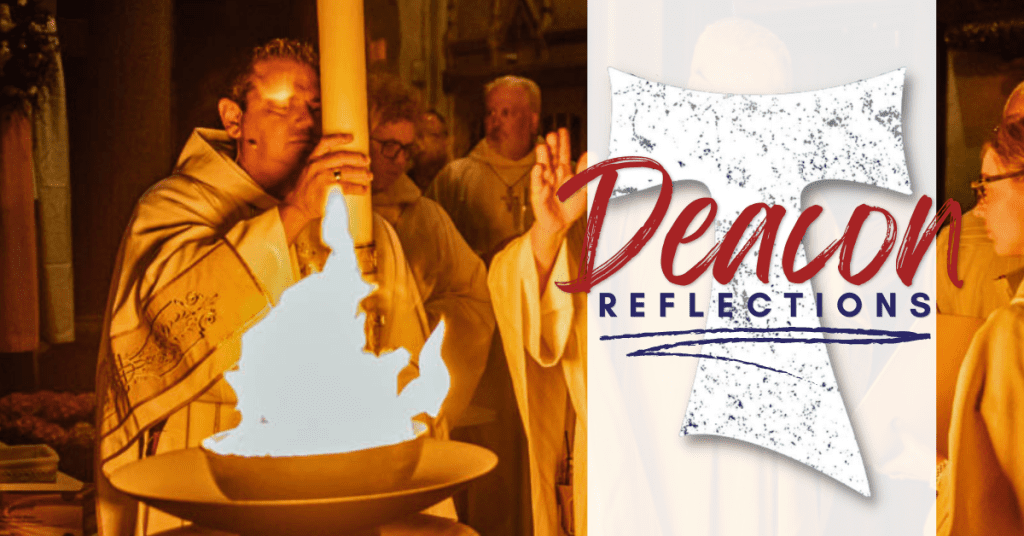
Dear Friends,
In this Sunday’s Gospel, Jesus predicts, for a second time, the high price He will have to pay in order to be faithful to the mission that the Father sent Him to do. What strikes me about this excerpt from Mark is the stark contrast between Jesus and his disciples. Jesus was trying to prepare them for the suffering He would endure while they were preoccupied with which of them was the greatest. They didn’t understand what Jesus was trying to tell them. The narrative here reveals key aspects of Jesus’ teaching on discipleship and the values of the Kingdom of God. This passage provides important lessons on humility and service, while redefining “greatness.”
The passage begins with Jesus and His disciples traveling through Galilee. Jesus, once again, takes this opportunity to foretell His impending suffering, Death, and Resurrection. He says, “The Son of Man is going to be delivered into the hands of men. They will kill him, and after three days he will rise.” This prediction is central to Jesus’ mission and the suffering that awaits Him. However, the disciples do not fully grasp the meaning of His words. Mark notes that they were afraid to ask Him about it. This moment also highlights the disciples’ lack of comprehension to the nature of Jesus’ mission and the concept of a suffering Messiah, which contrasts with their expectations of a triumphant earthly king.
Upon arriving in Capernaum, Jesus asks his disciples what they were arguing about on the way. Jesus turns to those who are left out of the circle and pulls them to the center. He teaches his disciples that the one who appears most vulnerable and seems to need the greatest amount of care can also be the one who has the most to teach us about what it is to be Christlike and Godlike.
This passage reminds me a lot of my dad. He was low key and humble. He was one of eight children, and I guess one could get lost in that crowd. I remember the conversations I heard while I was growing up from his siblings about how unskilled and reserved they thought he was. They thought only they knew the way to happiness and success. This never bothered my dad. He just pressed on and lived his best life. He didn’t seem to care that they undervalued his gifts and his vulnerability. My dad would work two or three jobs just to give us a better life than what he had. I’ve never seen anyone work as hard as he did. My dad was the example of being a “servant for all.” No matter what someone else needs, it came before his own.
When I became a teenager and I was able to work, I would ride the train afterschool and meet my dad at his second job to eat dinner together. One day, his boss was working late and asked if I would like to work at night alongside my dad. I agreed and it was amazing to see the skills my dad had on the massive machinery he worked with. He never shared his work with his family and friends, because he felt they didn’t need to know, since they already had their own ideas of him. Another time, I visited him at his day job and it was much the same thing. He knew how to handle everything that was put in front of him. He was using his God-given natural skills. He didn’t have to brag to his family and friends he just did the work that God put in front of him, and he did it well.
That wasn’t even his greatest gift. His greatest gift was the love he gave me, my sister, and my mother. I was with him at the Hospice the day he passed. The last words he spoke, in Spanish, were telling me “Take care of her for me.” I was blown away that my mom was on his mind till his last breath. My dad was Christlike to me. I can only strive to be half the man he was.
Jesus moves on to address His disciples, responding to their debate by teaching them a radical lesson about greatness. He says, “Anyone who wants to be first must be the very last, and the servant of all.” This teaching turns their understanding of greatness on its head. In Jesus’ view, true greatness is not about power or prestige, but about humility and service.
This passage has some profound implications for how we understand leadership or greatness today. Jesus’ teaching challenges us to rethink our values and priorities. In a world where success is often measured by power, influence, and recognition, Jesus invites us to consider greatness in terms of humility and service. The message is clear: true leadership in the Kingdom of God is characterized by a servant heart and a willingness to embrace those who are marginalized or in need. It’s about putting others before ourselves and finding value in the seemingly insignificant.
As we strive to follow Jesus’ example, we are invited to redefine our understanding of what it means to be truly great. As St. Teresa of Calcutta said, “We are not called to be successful, but to be faithful.”
Peace of Christ,
– Deacon Ray




